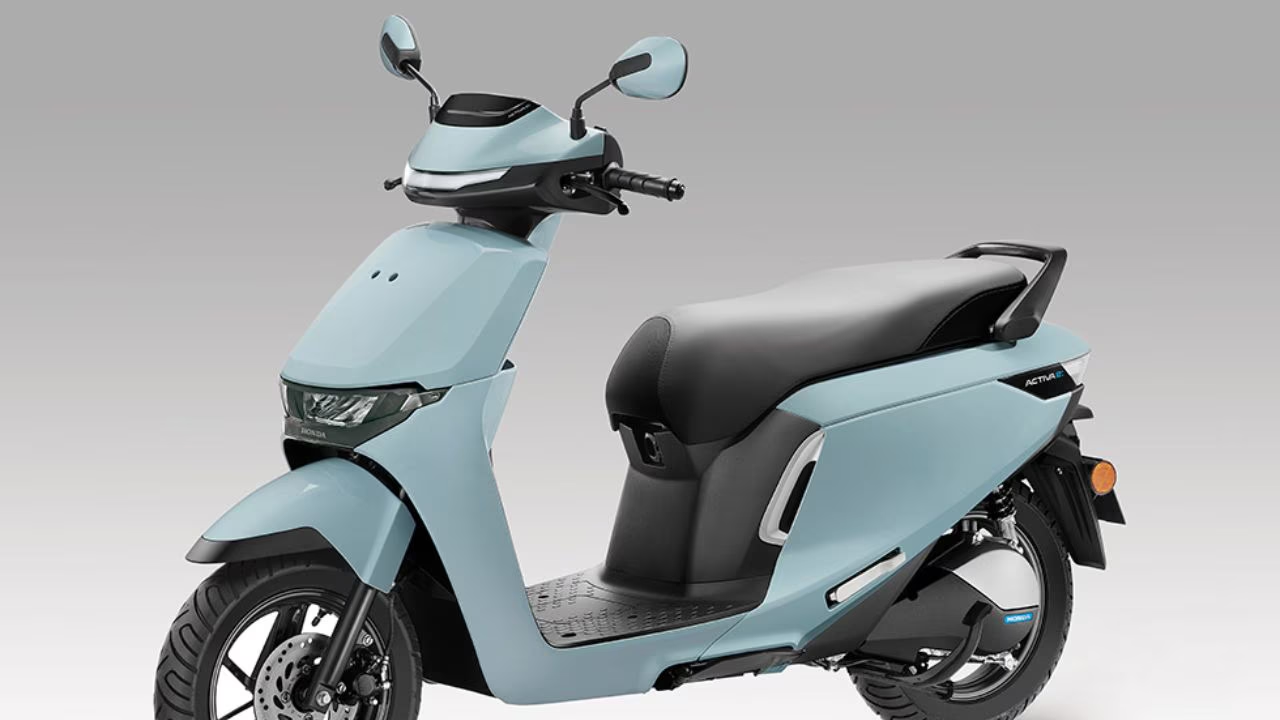The buzz around India’s electric vehicle market keeps getting louder, but one story in particular has raised plenty of eyebrows—a supposed electric scooter priced at just ₹20,000, with a 200 km range and an 8-year battery life. If true, this could be the game-changer that makes EVs mainstream for the masses. But let’s pause for a second: does this sound too good to be true?
The Perfect Gift Angle
Scooters have always been an emotional purchase in Indian households—whether it’s a father handing over the keys to his child or a brother surprising his sister on Raksha Bandhan. This alleged budget EV scooter taps straight into that sentiment. At ₹20,000, gifting one to a sibling suddenly sounds as doable as buying a mid-range smartphone. Plus, with zero tailpipe emissions, it doubles up as both a thoughtful and eco-friendly choice.
Price That Raises Eyebrows
Here’s the catch: ₹20,000 is unbelievably low. Today, even the cheapest EV scooters in India (from brands like Okinawa, Hero Electric, or Bounce Infinity) are priced north of ₹60,000—even after subsidies. According to FAME India guidelines and EV industry reports, the battery pack itself is the costliest component, often accounting for 30–40% of a scooter’s price. An 8-year life lithium-ion battery alone costs far more than ₹20,000.
So while the idea of a mass-market, ultra-budget EV is appealing, the numbers don’t quite add up unless this is either:
- A prototype or startup project not yet ready for commercial rollout,
- A heavily subsidized government-backed scheme, or
- An entry-level model with lead-acid batteries and lower real-world range, being misreported as lithium-ion.
Range and Battery Life Claims
A 200 km range sounds impressive—almost too much for a scooter in this price band. For context:
- Ola S1 Pro (₹1.3 lakh+) offers 181 km certified range.
- TVS iQube (₹1.2 lakh+) promises ~145 km on a single charge.
- Budget EVs under ₹80,000 usually cap at 80–100 km per charge.
An 8-year battery warranty is also rare, as most EV makers currently cap it at 3–5 years. Even premium four-wheeler EVs like the Tata Nexon EV or Hyundai Kona generally max out at 8 years.
| Model | Price (ex-showroom) | Certified Range | Battery Warranty |
|---|---|---|---|
| Ola S1 Pro | ~₹1.3 lakh | 181 km | 3–5 years |
| TVS iQube | ~₹1.2 lakh | 145 km | 3 years |
| Hero Electric Optima | ~₹85,000 | 82 km | 3 years |
| Claimed Budget EV | ~₹20,000 | 200 km | 8 years |
Cost Savings Angle
Now, assuming for a moment such a scooter does exist—it would crush the economics of petrol scooters. Running costs for an EV typically work out to 15–20 paise/km, versus ₹2.5–3/km for petrol scooters at current fuel prices. Families could save ₹20,000–₹25,000 annually in fuel bills alone. Add in minimal servicing, and the long-term math gets even more attractive.
Environmental Value
There’s no denying that an affordable EV scooter could do wonders for India’s pollution problem. With two-wheelers forming a massive chunk of urban traffic, even a 10–20% adoption of electric scooters would significantly cut emissions. It would also align with government targets of having 30% EV penetration by 2030 under NITI Aayog’s EV roadmap.
If and when such a scooter becomes reality, it could be India’s true “people’s EV”—a game-changer for students, women riders, and families. For now, though, it looks more like a rumor or early-stage concept than a market-ready product.
FAQs
Is there really an EV scooter in India priced at ₹20,000?
No official confirmation yet. Current EV scooters start around ₹60,000 even with subsidies.
Can an EV scooter really give 200 km range?
Technically possible, but usually only in high-end models costing over ₹1 lakh.
What is the typical battery warranty on EV scooters?
Most brands offer 3–5 years, with 8 years being rare even for cars.




